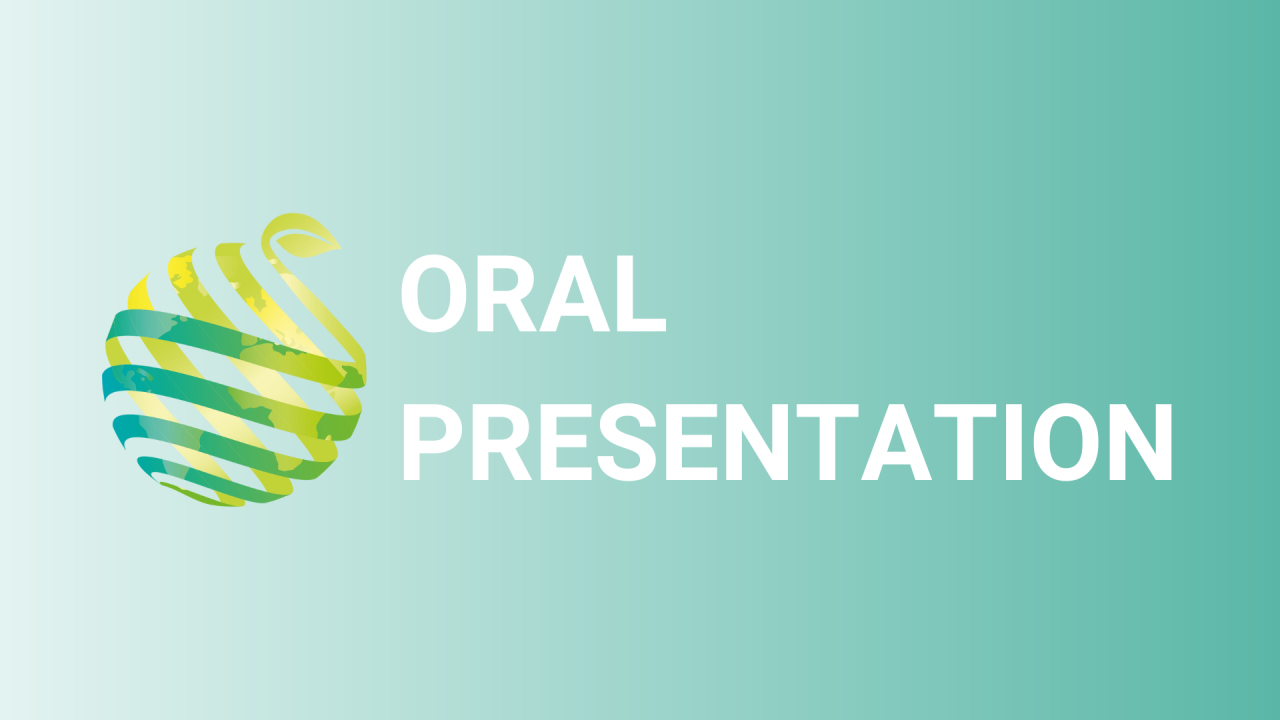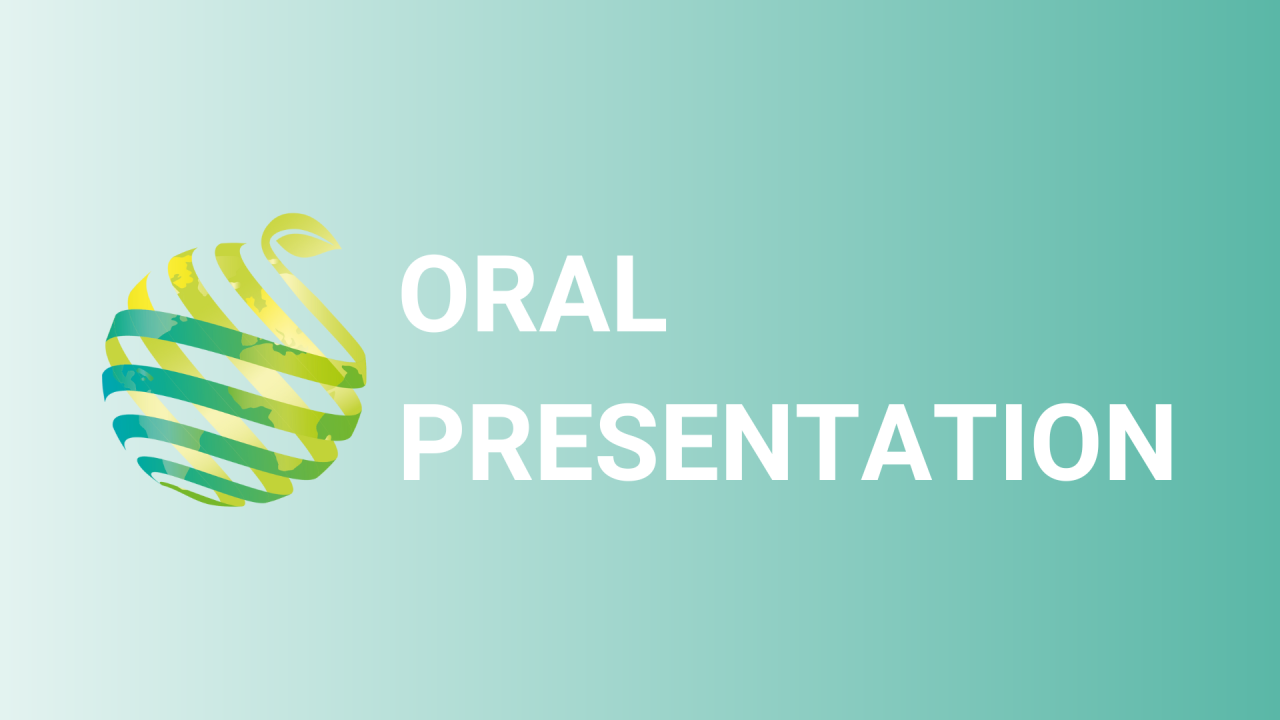

S06 - Session O3 - LED toplight and intercanopy light in greenhouse tomato as compared to HPS lighting.
Information
Authors: Leo F. M. Marcelis *, Tijmen Kerstens, Britt Besemer, Ingeborg Schouten, Ricky Teng, Gerjan Puttenstein, Hans Spalholz, Ep Heuvelink
This research aims to compare supplemental lighting by high pressure sodium lamps (HPS), to lighting with red-blue light emitting diodes (LEDs), where the LEDs were applied as toplight, or as a combination of toplight and intercanopy light (ICL) in a high-wire tomato crop. Tomato plants ( Solanum lycopersicum cultivars Marinice and Santiana) were planted in two Venlo type glasshouse compartments. Plants were grown under either (1) 100% HPS toplight, (2) 100% red/blue LED toplight (90% red, 10% blue), (3) 78% red/blue LED toplight + 22% red/blue LED intercanopy lighting (ICL; 85% red, 15% blue), or (4) 66% red/blue LED toplight + 34% red/blue LED ICL. In each treatment the photosynthetic photon flux density from the lamps was ca 310 mmol m -2 s -1 . Supplemental lighting provided 63% of the total light integral (sun + lamps). Each glasshouse compartment was divided into four sub-compartments in which the four light treatments were allocated, and within each sub-compartment both cultivars were grown. For cv. Santiana equal yields were obtained under HPS and LED toplight, whereas for cv. Marinice yield under LED toplight was 10% lower than under HPS. Averaged over both cultivars yield increased linearly with increasing fraction ICL and was 19% higher when 34% of the total supplementary light was supplied by ICL, compared to LED toplight only. Higher yield under ICL resulted from 15% higher total biomass production and a 4% higher fraction of dry matter partitioned to the fruits compared to LED toplight only. Replacing part of LED toplight by ICL did not affect photosynthesis-light response curves for leaves in the top of the canopy but leaves at the bottom of the canopy showed 73% higher maximum photosynthesis rate compared to toplight only. Fruit quality (Brix and acidity) did not differ between the four light treatments.